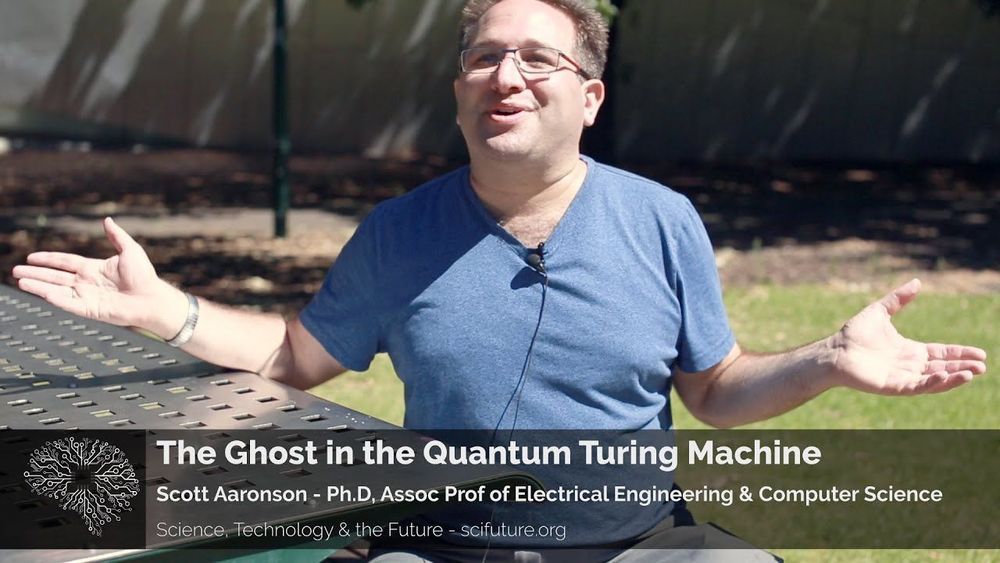Jan 22, 2019
Announcing Hyperledger Grid, a new project to help build and deliver supply chain solutions!
Posted by Caycee Dee Neely in categories: bitcoin, computing, cryptocurrencies
While I’m not a big supporter of cryptocurrency, I am a supporter of utilizing blockchain technology in other areas. For example. logistics. The Linux Foundation announced the creation of the Hyperledger Grid project just for that purpose. However, as they state, this isn’t a software project, but a platform project.
Supply chain is commonly cited as one of the most promising distributed ledger use-cases. Initiatives focused on building supply chain solutions will benefit from shared, reusable tools. Hyperledger Grid seeks to assemble these shared capabilities in order to accelerate the development of ledger-based solutions for all types of cross-industry supply chain scenarios.
Grid intends to:

















